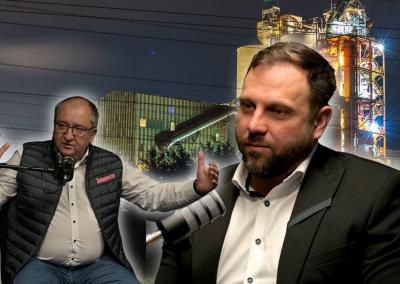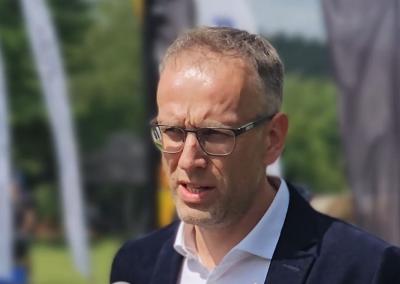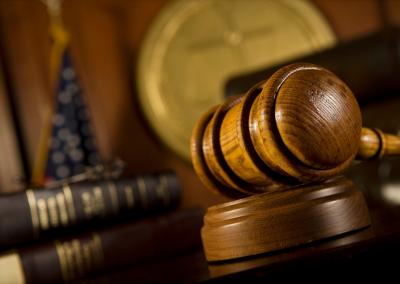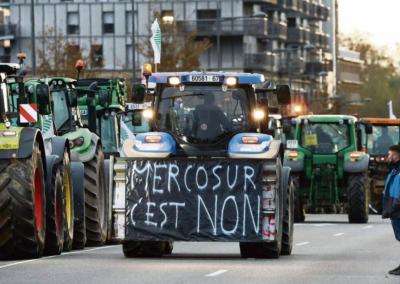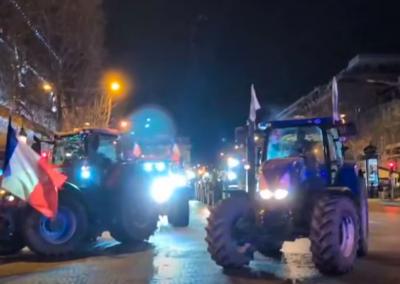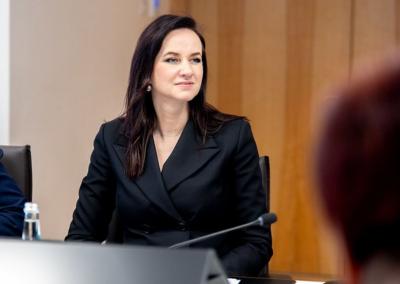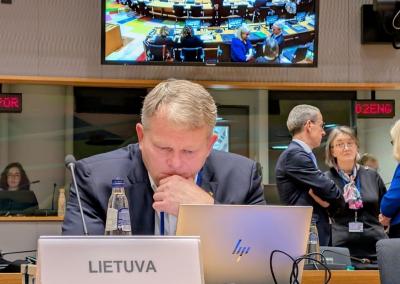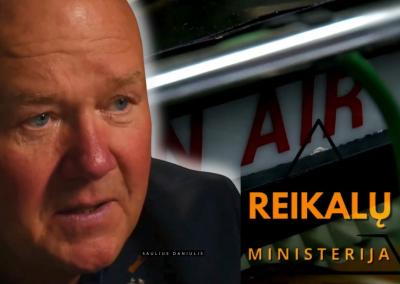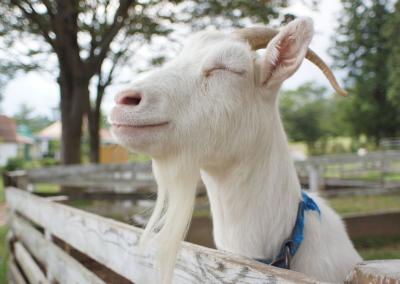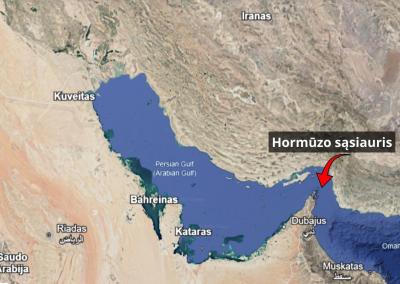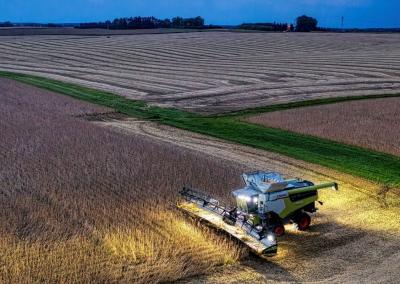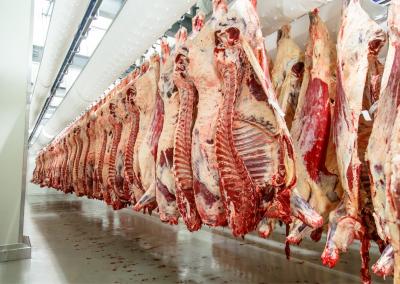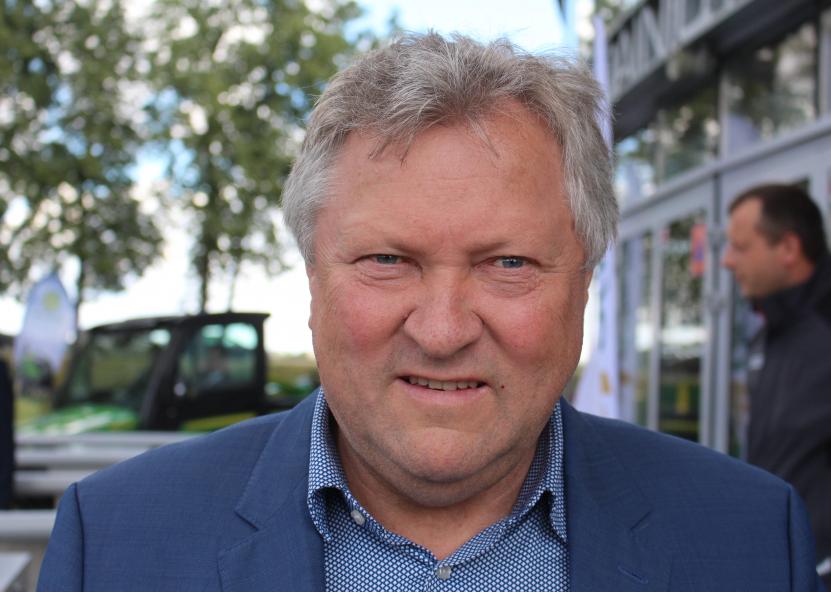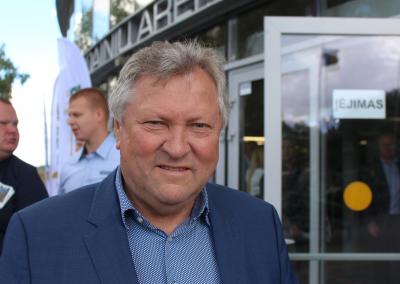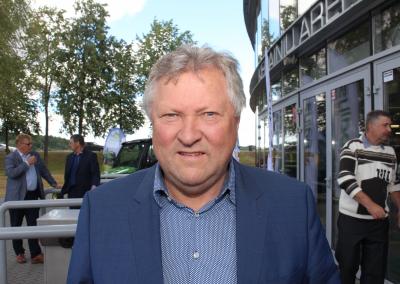K. Starkevičius committed to reviewing direct payments
Kazys Starkevičius is expected to be confirmed as the new Minister of Agriculture next week, replacing Kęstutis Navickas, who has been in office for most of his term. Starkevičius is due to meet President Gitanas Nausėda next week and, if the President is satisfied with Starkevičius, he will return to the Ministry of Agriculture (MAA), which he headed from 2008 to 2012. On Friday, Agrobite interviewed Starkevičius about his first steps.
Was it difficult to make the decision to return to the Ministry of Agriculture?
To be honest, it was not easy. You have to take into account how many days are left here (until the new parliamentary elections). There are a good 100 days left when you can do the work. It is at the beginning, when the ministers start working, that they say you cannot criticise for 100 days. And in those 100 days, significant changes will have to be made so that the rural community and farmers feel: that the bureaucratic burden is being lifted from them, that they are trusted because they are taxpayers. And that is a clear signal to our professionals in the Ministry that farmers and rural people pay their taxes as employers. And we have to respect our employer.
What would be your first job on your return as Minister of Agriculture? Would you just familiarise yourself with the situation, or would it be better to do nothing about what is in the government programme and so on?
The government programme is normal. The only difference is how we look at that programme and how we implement it. The same problems that have been solved by, say, increasing the bureaucratic burden, can be solved more simply. We are seeing that climate change, and the consequences of it, such as the recent storm. But there are also ways in which we could contrast this with the digitalisation of agriculture, the application of new technologies. Even for CO2 reduction, there are funds left over from the previous programme. That money will be channelled to that end. But the most important thing we should do is not to penalise farmers or to ban something, but to help them. After all, it is not by issuing administrative reports that we measure that help.
In the past, there has been a lack of discussion between farmers and the MAFF. Will this change?
This procedure will certainly return. The days when farmers are consulted first and then decisions are taken will return.
How important do you think it is to bring back specialists who have left the MAFF?
If they left voluntarily, they did not leave the worst, apparently. But there are those who are working now who are on the margins. I see them, and I think we need to give them the opportunity to do that 100 days to lay the foundations for the next EU funding period. I will try to find compromises so that the policy does not continue to be the same in agriculture as it has been so far. So that decisions are taken in consultation with science and not for political ambition.
Remembering 2012, when I left out that direct payments should be paid on unearned income, so that production is also taken into account. It is a pity that these things have been removed.
Do you think your new position will help or hinder you on your way to Parliament?
I am calm. I am not thinking about it. I think people will decide. They are my employers.

